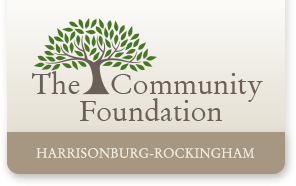The Community Foundation of Harrisonburg and Rockingham County offers great flexibility as you assist your clients in making their charitable donations.
As a 501(c) (3) nonprofit organization, The Community Foundation of Harrisonburg & Rockingham County (TCFHR) is authorized to accept gifts of all kinds. No matter the vehicle for the gift, we have the expertise to handle your client’s charitable donations. Our Gift Acceptance Policy is available upon request.
Maybe you haven’t identified the best method for your client’s charitable donation. The list below provides a brief explanation of the more common giving options at TCFHR.
Current Assets
Cash
Donations of cash or check are certainly the easiest and most straightforward. Donors can create a new fund or add a charitable donation to an existing fund. Current IRS code allows most donors who itemize their taxes to deduct up to 60% of their adjusted gross income for gifts of cash or checks.
Appreciated Stock
A gift of appreciated stock is a popular option because of the potential added benefits related to capital gains. Donors who give appreciated stock that they have held for one year or more are normally able to avoid capital gains tax on the appreciated portion of the stock. Gifts of appreciated securities are eligible for a tax deduction of up to 30% of their adjusted gross income based on the average of the high and low value of the stock on the date of the gift. Please use our Stock Transfer Instructions form . Please contact Revlan Hill at 540-432-3683 to obtain our account number for a transfer of securities.
Charitable Donation from an IRA
On December 18, 2015, the President signed into law the Protecting Americans from Tax Hikes Act of 2015 (the “Path Act”) which permanently extended the provision to allow individuals age 70 1/2 and older to distribute up to $100,000 to an eligible charity and exclude the distribution from taxable income – essentially an above the line deduction. Since the distribution is excluded from income, it cannot also be included as a charitable deduction. Regardless of whether donors itemize or not, they can benefit from this type of charitable donation. In addition, the distribution counts toward the IRA’s required minimum distribution. If you are at least 70-1/2, regularly give to your church or other charitable organziation, and no longer itemize deductions, donating directly from your IRA could have significant tax savings for you.
The Community Foundation is happy to help distribute a single distribution among multiple nonprofits via a pass through fund. Note: The IRS does not allow IRA contributions to be made to a donor advised fund. IRA distributions can create a designated or area of interest fund.
Click here for the IRS information on Charitable Donations from IRAs.
Real Estate
Just like stocks or other investments, real estate appreciates over time. A charitable donation of real property generally is valued at the appraised value at the time of the gift. The Community Foundation of Harrisonburg and Rockingham County will then sell the property and establish a named charitable fund with the proceeds. Donors who give appreciated real estate may be able to avoid capital gains tax on the appreciated portion. In addition, if they itemize their taxes, donors may be eligible for a tax deduction of up to 30% of their adjusted gross income based on the appraised value of the real estate on the gift date.
Life Estate Arrangements
A charitable donation may also be a personal residence, vacation home, farm, etc., to TCFHR where a client would retain the right to occupy the property until death. At that time The Community Foundation of Harrisonburg & Rockingham County will own the entire interest in the property. Such gifts are subject to the same rules governing other gifts of real estate.
Life Insurance
Donors can name The Community Foundation of Harrisonburg & Rockingham County as the owner and beneficiary of an existing or new life insurance policy and potentially be eligible for a tax deduction equaling the cash surrender value of the policy. All subsequent premium payments made by the donor will be deductible as a charitable contribution. Or, at the donor’s request, we can surrender the policy and use the proceeds to establish or add to a fund.
Private Foundation Assets
An existing private foundation may be converted into a donor advised fund. This enables the donor to retain the name and purpose of the private foundation while transferring the administrative and reporting responsibilities to TCFHR. In addition, as a component fund at a Community Foundation, the income will no longer be subject to excise taxes. Click here to see a comparison between private and public foundations.
Deferred Gifts
Bequests
Donors can establish or add to a named fund in their will or trust using a bequest. The Community Foundation of Harrisonburg and Rockingham County serves as a permanent safeguard for donors’ charitable goals and objectives even beyond their lifetimes. A planned gift can be used to accomplish almost any charitable goal including:
- Establishing a scholarship fund,
- Creating an endowment for a particular charity, or
- Leaving a family legacy that allows children to continue their involvement in giving.
Click here for sample gift language for wills and trusts.
Charitable Trusts
Establishing a charitable trust can be simple and can have income, gift, or estate tax benefits depending on the trust structure. Cash, securities, closely held stock, real estate or other property is transferred to an irrevocable trust. Income is received regularly in an amount equal to a fixed percentage of the trust’s fair market value (unitrust) or a fixed dollar amount (annuity trust). Income beneficiaries are designated by the donor.
In a Charitable Lead Trust, the charitable organization receives all or a portion of the income and/or principal from the trust for a fixed number of years or until a stipulated event occurs (such as the death of the donor). The lead beneficiaries must be a public charity such as a named charitable fund at The Community Foundation of Harrisonburg & Rockingham County. Upon termination of the lead trust, the remaining assets are returned to the donor or a named beneficiary. Tax benefits of a lead trust, including a charitable income tax deduction and reduced transfer taxes, vary depending on how the trust is structured.
With Charitable Remainder Trusts, the lead beneficiary is the donor or other named beneficiary and receives all or a portion of the income generated by the assets given to the trust. After a set number of years or upon a stipulated event that terminates the trust, a charitable organization receives the remaining assets. The donor receives a tax deduction equal to the net present value of the remainder portion of the trust at the creation of the trust. Only the income distributions, net of expenses, are taxable to the lead beneficiaries during the life of the trust. However, the appreciated portion of the assets is usually not taxable.
Pension Plan Assets
Most assets that an heir inherits are free from income tax. However, heirs will pay income tax on disbursements from retirement plans such as a profit-sharing plan, Section 401(k) plan or IRA. Donors wanting to make a charitable bequest may be best served by donating these taxable retirement plans to a tax-exempt charity — such as The Community Foundation of Harrisonburg & Rockingham County — and leaving the assets not subject to income tax to their heirs.










